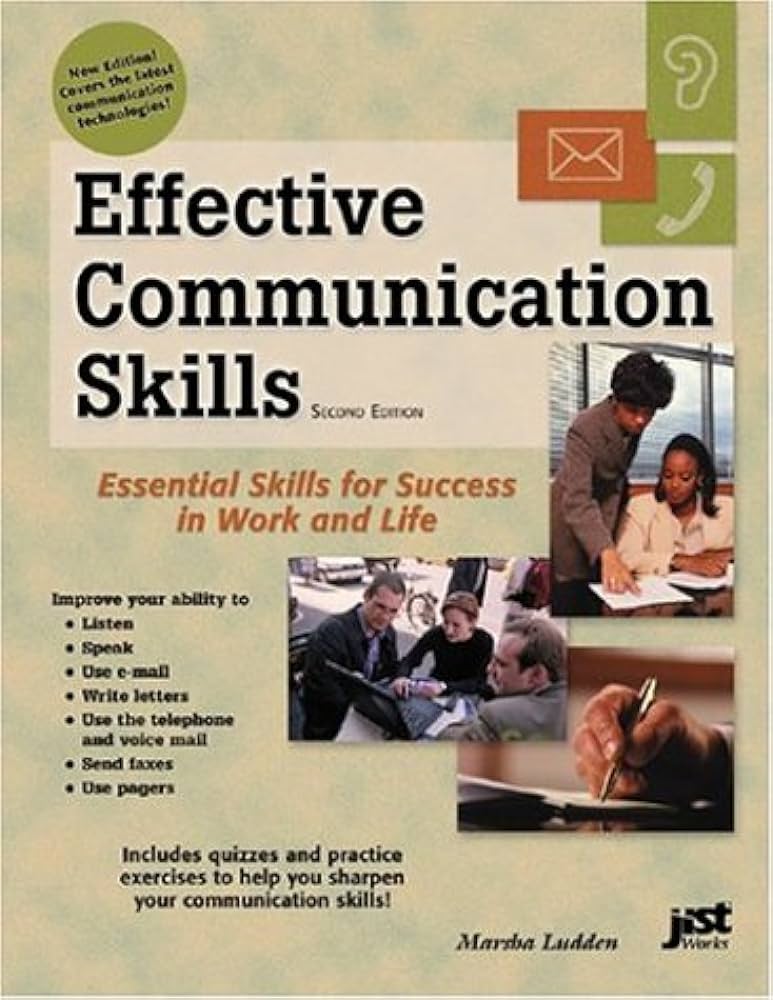When it comes to achieving success in life, one of the most crucial skills you can develop is effective communication. Whether you are in a professional setting, building personal relationships, or even just navigating day-to-day interactions, your ability to communicate can make or break your success. In this blog post, I want to share with you some personal insights and practical tips on how to improve your communication skills and unlock your full potential.
Growing up, I was always a shy and introverted person. I struggled to express my thoughts and feelings, often feeling frustrated and misunderstood. It wasn’t until I entered the workforce that I realized just how important effective communication really is. I saw colleagues effortlessly conveying their ideas and opinions, and I admired their ability to connect with others and get their point across. I knew I had to make a change if I wanted to achieve my own goals.
The first step in improving your communication skills is developing self-awareness. Take the time to reflect on how you currently communicate and identify areas where you can improve. Are you a good listener? Are you able to clearly articulate your thoughts and ideas? Do you tend to interrupt others or dominate conversations? Once you have a better understanding of your strengths and weaknesses, you can start working towards growth.
Active listening is a critical component of effective communication. It involves not just hearing what someone is saying, but fully comprehending their message and demonstrating your engagement. When someone is speaking, give them your undivided attention, maintain eye contact, and show genuine interest in what they have to say. Avoid interrupting or formulating responses in your mind while they are still speaking. Instead, focus on truly understanding their perspective before interjecting with your own thoughts.
Additionally, non-verbal communication plays a significant role in conveying your message. Pay attention to your body language, facial expressions, and tone of voice. A relaxed and open posture, a friendly smile, and a warm tone can help create a positive and welcoming environment for effective communication. On the other hand, crossing your arms, avoiding eye contact, or speaking in a harsh tone can create barriers and hinder understanding.
Building empathy is essential for effective communication. Put yourself in the other person’s shoes and try to understand their point of view. This not only helps you develop a deeper connection but also allows you to tailor your message to their needs and preferences. It’s important to remember that effective communication is a two-way street. By fostering empathy, you can create a safe and inclusive space for meaningful conversations and mutual understanding.
One of the areas where I personally struggled was assertiveness. I had a tendency to avoid confrontations or expressing my opinions, fearing rejection or conflict. However, I soon realized that being assertive doesn’t mean being aggressive or disrespectful. It’s about expressing yourself confidently and respectfully, while still valuing the opinions of others. Learning assertiveness skills helped me find my voice and express my thoughts and ideas with clarity and confidence.
Another key aspect of effective communication is learning how to give and receive feedback. Constructive feedback is a powerful tool for growth and development, but it needs to be delivered in a thoughtful and considerate manner. When giving feedback, focus on specific behaviors or actions rather than criticizing the person as a whole. Use “I” statements to express how you feel and what impact their actions had on you. Similarly, when receiving feedback, keep an open mind and view it as an opportunity for growth. Ask for clarification if needed and express gratitude for the feedback received.
Lastly, effective communication involves being mindful of your audience. Tailor your message to fit the situation and the individuals you are communicating with. Use language that is appropriate, clear, and easy to understand. Adapt your communication style based on the personality, cultural background, and level of knowledge of the person or group you are interacting with. This demonstrates respect and helps ensure that your message is received and understood as intended.
In conclusion, effective communication skills are essential for success in all aspects of life. By developing self-awareness, actively listening, practicing non-verbal communication, building empathy, being assertive, giving and receiving feedback, and being mindful of your audience, you can greatly enhance your ability to connect with others, foster understanding, and achieve your goals. Remember, effective communication is not just about speaking, but also about truly listening and understanding. It is a continuous learning process that, with dedication and practice, can propel you towards success. So go out there and make your voice heard.
